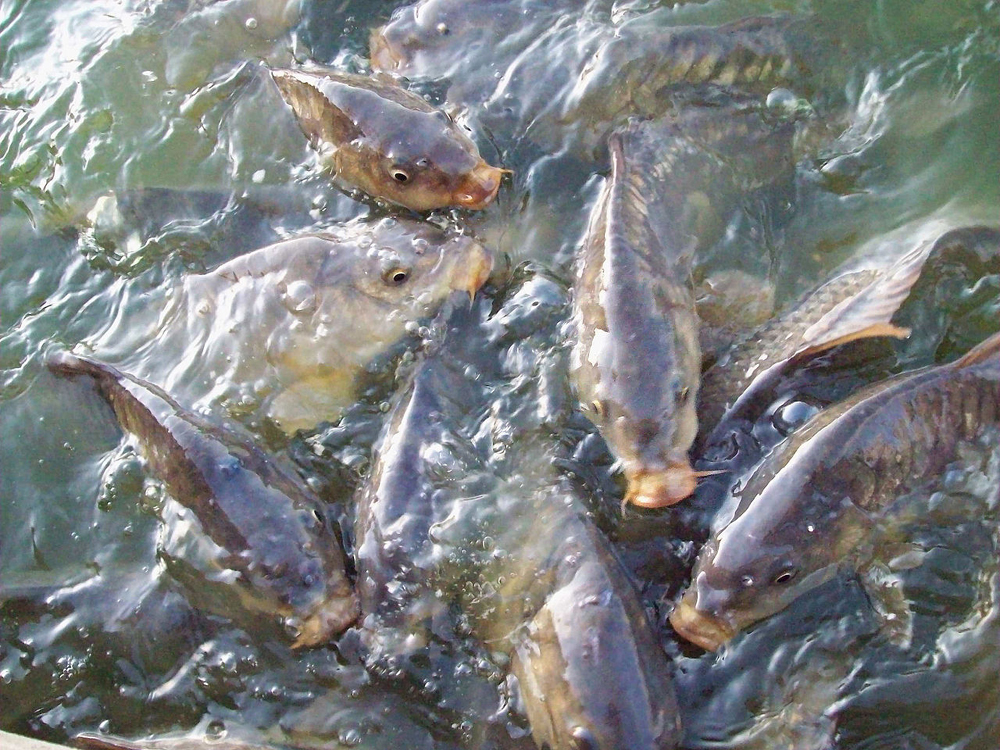
Large-scale farmed fish production
With the world population expected to approach 10 billion by 2050, the question is: how to feed a diverse population in the current climate change?
An Israeli professor won an award for discovering a way to make fish bigger with the same amount of input, theoretically making fish farming much more productive.
There are already 7.5 billion people on the planet who are food insecure, and it’s not just war that causes it: many in Africa, Asia and South America suffer from malnutrition.
Wild fish have been a food source since ancient times, but their populations have been drastically reduced by overfishing, pollution and climate change.
Other species, including seals, polar bears and African penguins, have also been devastated as humans rob the ocean of edible life.
Fish farming is no panacea for world hunger, nor for the environment. The methods used by fish farmers have negative impacts on habitats, from polluting local waters with fish waste and nutrient residues, to the concentration of parasites that threaten the lives of wild fish.
The farming of salmon in open-ocean fish farms is a particular contributor to this type of attack, particularly by transmitting sea lice to other fish.
Professor Berta Levavi Sivan, a zoologist and aquaculture scientist at the Hebrew University of Jerusalem, has identified two small proteins called neurokinins (chains of neuroactive peptides), also called neurokinin B (NKB) and neurokinin F (NKF), that play a key role in promoting reproduction in ponds, and both proteins are secreted in the brain.
The researchers developed a molecule that inhibits fish reproduction by neutralizing NKB and NKF. The new molecule inhibited reproduction and increased the growth rate of the fish. Previously, the researchers demonstrated their theory in tilapia, a fast-growing fish (amnum) that lives in Lake Galilee (tilapia is a collective name for a group of fish native to Africa consisting of several economically valuable species belonging to the genus Oreochromis). Young tilapia fed a neurokinin inhibitor mixed into their diet for two months were able to gain 25% more weight compared to fish that did not receive the supplement (unpublished).
Meanwhile, the technology developed by Professor Levavi Sivan and his team has been licensed by Yissum, the Hebrew University’s technology transfer company, to AquiNovo, a startup company under Trendlines Venture Group.

